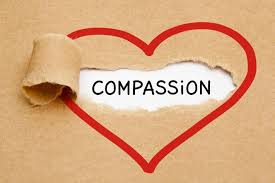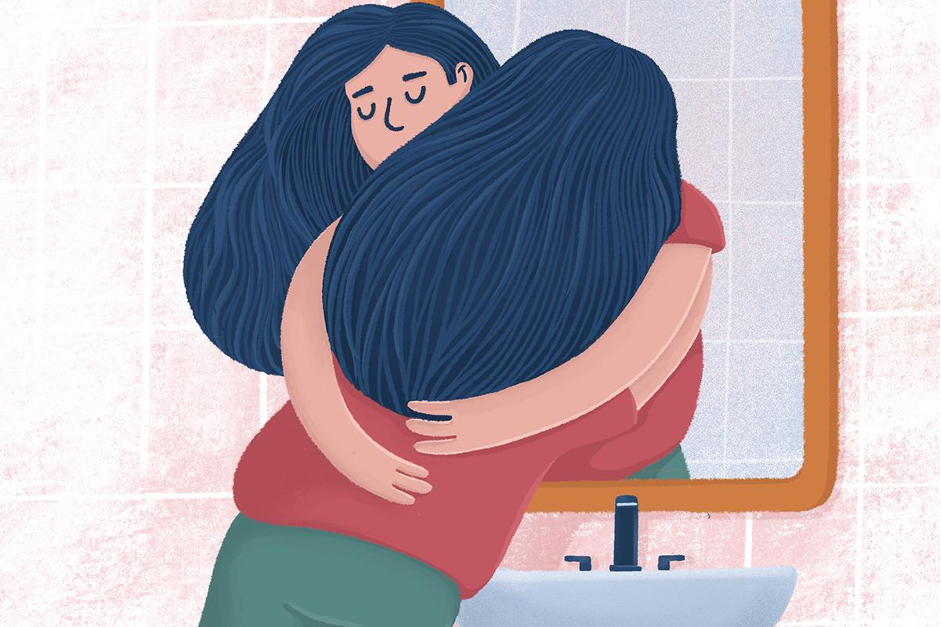Last week, the Prime Minister, Sir Keir Starmer and the Secretary of State for Health and Social Care, Wes Streeting, unveiled the new 10 year plan for the NHS. This was in response to Lord Darzi’s definitive diagnosis that the NHS is rather sick and needs radical reform. The NHS must change if it is not only going to survive but to thrive as a leading light in healthcare globally (which it has been until recently).

Yes – we’ve had two other fairly recent ten year plans for the NHS, and things seem to have gotten worse rather than better since their publications – and we should rightly blame the factors highlighted by Lord Darzi for their failure to improve things – widening health inequalities, a global pandemic, austerity and an overstretched workforce….but the question remains – what will be different about this one? So, we have another plan – so what?!
Well, I think it’s easy to be cynical. But as my dear friend, Prof Bola Owolabi CBE, (who has just stepped down as the National Director for Health Inequalities, to take on a new role at the CQC) often reminds me – to lead is to be a purveyor of hope! And we really do need the 3 big shifts if we’re going to have a sustainable NHS fit for the future. And so, as the plan highlights, we need to move:
- From Acute to Community
- From Analogue to Digital
- From Treatment to Prevention
Honestly, there is loads to be hopeful about in this plan! It’s really worth reading and contains some excellent ideas. I’m not going to go over them in detail here – read it for yourself, but some real highlights for me include: a big focus on neighbourhood health and care, a shift in how finances will be used to tackle inequalities, more GPs, improved mental health emergency care, more power in the hands of patients, developing the people who work in the NHS, digital infrastructure that makes things work for the public and the staff, levers to help commissioners drive change, safer and more effective care with patients having more say and much much more!
If we seize the opportunity, there really is something for everyone. We all get to be a part of this! We can build a more healthy nation and a society that genuinely works for everyone. It’s a plan that gives us permission to get involved.
One of the things that makes it so strong is the enormous public consultation and conversation that was involved. This plan is formed of many public, community and clinical voices, who have agreed together that change is necessary. For sure – it will take some bravery and boldness to turn it into transformative action, especially as the how it will be enacted it isn’t fully clear, and the resources and capital infrastructure to support it seem to be lacking. And….there are also some painful bits to it, like the reduction in size of ICBs, the loss of NHSE, CSUs and Healthwatch. It’s genuinely awful to see colleagues lose their jobs….and the way the communication has been handled has been really clumsy and lacking in compassion at times. Change is always messy and does not come easily and without cost – and some of these changes will potentially make the plan harder to deliver to begin with, whilst we find our feet again, and help the NHS sort out its finances and performance issues.
But whilst that happens, what do we need to do to make sure this doesn’t just sit on the shelf but sees it’s purpose outworked to build a healthier nation? Well…in Lancashire and South Cumbria, we recently took three years learning from our population health leadership academy and think there are 5 things which are necessary to make this plan a transformative, action-filled success.
- We must build a social movement for change. And that looks like doing WITH not doing TO the communities we serve. We need initiatives like the poverty truth commission to ensure we listen deeply to painful truths and understand what really matters to our communities – especially those who experience the worst and deepest inequalities. We will use tools like ‘the art of hosting’ to involve people in decision making so that this is a participative experience. We will build community organising as a practice and embrace continuous improvement as a methodology. It is only together WITH that we are going to build trust to solve entrenched issues like childhood trauma and tackle issues of stigmatisation and systemic racism.
- We need to ensure personalised care – to really understand what matters to people about their own health and build care plans that respect autonomy and freedom. From conception to grave – we need a life-honouring health and care system.
- We have to focus on building integrated neighbourhood teams that work together effectively in a ‘radical help’ kind of a way (if you’ve not read Hilary Cottam’s book by this title – then seriously – please do so!), so that we don’t keep perpetuating the same old models but fundamentally shift the way we work.
- We will ensure that we develop leaders across all sectors to work together effectively in all neighbourhoods and places, knowing that it is the quality of human beings we have on and off the pitch that will make the biggest difference. This means we have to help people become their best, authentic selves and deal with their own egos in the process, so that we have chicken leaders and not just a bunch of cocks!
- We create a financial framework which drives social justice through how we strategically commission our services – this is absolutely vital!
And what else does the national government need to do to ensure the success of this plan? There are already some good things in place, like the housing plan. But I believe there are 3 key things missing currently, which will prove to be necessary if it’s really going to work:
- The funding formula MUST change from the old Carr-Hill approach to something which takes account of poverty. Wes Streeting has indicated this will happen – it is of the utmost importance that this is done as soon as possible.
- The government must continue to be braver in how it uses legislation to drive change. Just as they’ve been willing to tackle tobacco, they are going to have to take on the sugar industry and the use of ultra-processed food – this is not just about personal choice, product placement and advertising. We need a fundamental shift, only made possible through a change in the law. this is love and power working together. Love of our communities means that we cannot let things remain as they are. we use power then, to drive change and bring about social justice!
- We absolutely have to see cross-department working (education, local government etc) to tackle the effect of childhood trauma and toxic stress in our society. We will need improved parental and workers rights and protections, parenting classes, the reintroduction of Sure Start and a reimagination of how we educate our children and young people. But that’s not impossible, right?!
So, the 10 year plan for the NHS isn’t perfect, but it is pretty darn good and full of hope….so, how about we don’t just stand on the side-lines, but get stuck in and build a healthier nation together?




